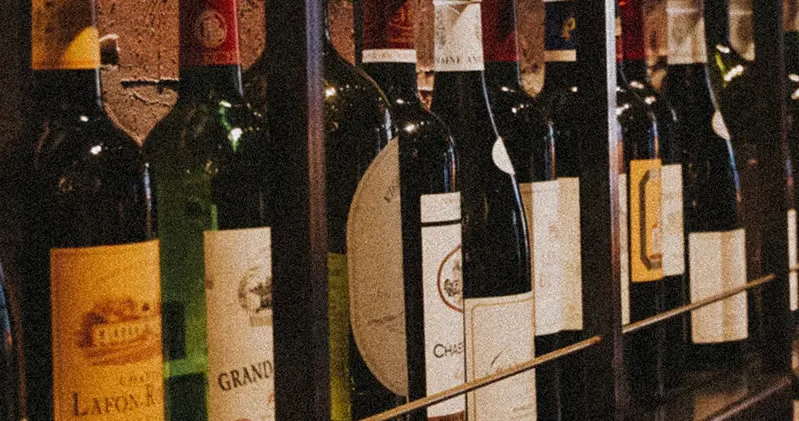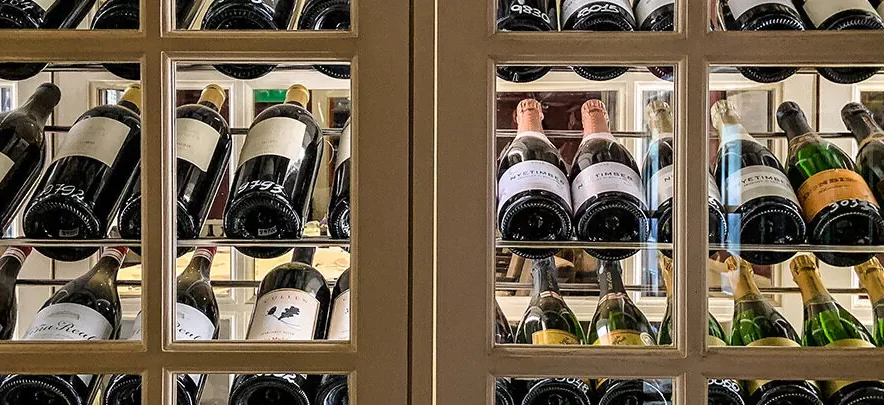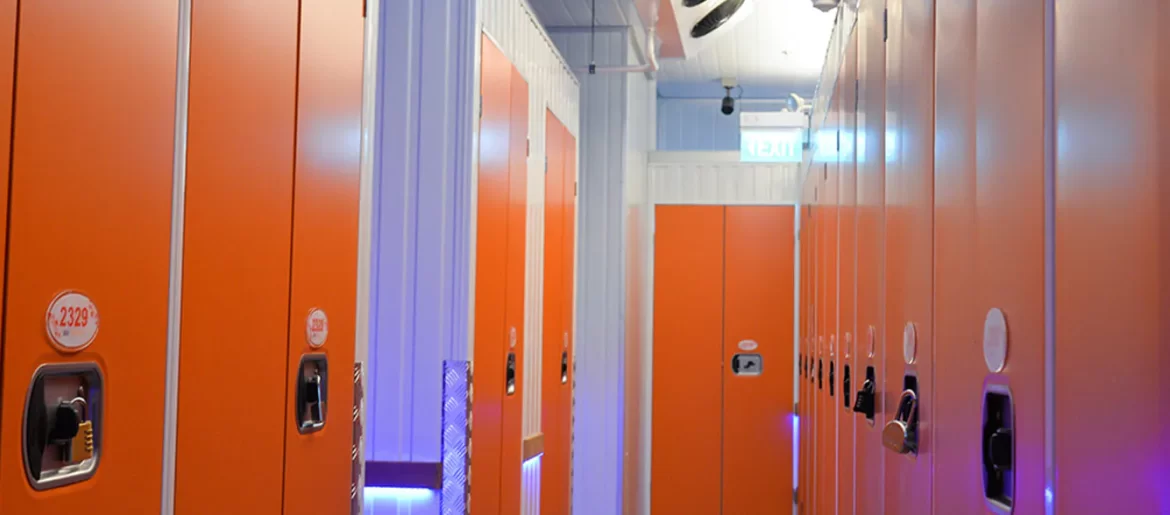Wine Storage
Whether you’ve got 5 or 500 wine bottles, you probably don’t want your wine to go bad or the taste to be compromised before you get a chance to drink it. I am sure you know how important temperature is when storing this prestigious wine. If you don’t – here is a little run down. Many people have heard that wine lasts indefinitely, but unfortunately, that is not true. The warmer the ambient temperature, the quicker the wine will age and go bad. What does it mean when wine goes bad? Well... any form of ‘damage’ will cause the degradation of otherwise stable organic compounds found in wine. Since these organic compounds contribute to the aroma, flavour and structure of the wine, the wine will ‘expire’.
An Introduction to Wine Aging
Wine aging is a process that influences the taste of the wine, without it expiring. That is why some wines are extremely precious – they are stored for period and in turn developed great, distinguishable taste. The three essential storage conditions of concern to collectors and consumers of fine wine are light, humidity, and temperature. The most important factor being temperature. In lay man terms, wines like it cool, dark, and moist. Wine should be stored at the correct temperature to ensure a wine’s flavour and the balance remains. You don’t want a wine to age prematurely or be ruined by its storage conditions, thus, it is essential to know the optimal wine storage temperatures and conditions for your bottles of wine.
Optimal Conditions for Wine Storage
1. Exposure To Ultraviolet Light
UV light can cause wine to deteriorate at an extremely high speed. The presence of high intensity UV light in the form of sunlight, fluorescent lights or bright lamps will ruin your precious wine. Therefore, wine is normally packaged in dark bottles. Opaque and deeply coloured, rich red wines absorb nearly all radiation. If exposed to high intensity UV radiation, unpleasant aromas and flavours may develop.

2.The Effect of Humidity Levels
Humidity affects our traditional cork seal. Humidity is the amount of gaseous water in the air. Something Singapore is truly known for! Low humidity in the storage area will result in wine moving out of the bottle faster over time and a significant ullage will develop. What this means is that your beloved wine will evaporate at a faster rate. An ullage is the space between the bottom of the cork and the wine level in the bottle. Moreover, if the humidity is too low, it will cause the cork to dry out – that means air is allowed into the bottle, oxidising the wine - creating unwanted flavours. Low humidity can also cause the cork to dry out, causing wine to leak out of the bottle. A professional wine storage unit with humidity levels adjusted specifically will ensure that cork seals don’t dry out and label’s and packaging’s of wine stay intact overtime.
3.Temperature As A Critical Factor to Wine Storage
Even with both lighting and humidity in control – it’s not enough. Temperature is the most critical factor in the storage and aging of wine. The perfect temperature depends on various factors, including how much fruit, alcohol, and tannin the wine contains. As a general rule of thumb, wine should be stored around 11-14˚c (52-57°F). Wine storage temperatures should never go over 24˚c. According to experts, the ideal storage temperatures are as followed, Red Wine: 12˚C < 19˚C, White Wine: 8˚C < 12˚C, Champagne: 5˚C < 8˚C. If the temperature is too high, the ageing process of the wine is much faster as heat will alter the chemical structures in wine, which will basically spoil your wine - premature aging. If the temperature is too low, it inhibits the ageing process and won’t do anything to it at all. Wine storage temperature should always be kept as constant as possible as fluctuations can cause severe damage to the wine. A bottle of wine requires a constant temperature all year round to mature correctly. Temperature variation is likely to be more critical for older wines where the seal of the cork is less tight (corks lose some elasticity with age). Therefore, it is highly advisable to outsource wine storage for those who have an expensive, large, and highly sought-after collection of wine and spirits, to ensure these conditions are kept in optimum control.

4.Why a Home Wine Cellar May Not Be the Solution
Now, one must understand the risks building your very own home cellar – not to mention the cost! The three major risks to having a home wine cellar: wine spoilage, poor organization, and having no proof of storage. Before you build your own cellar, you'll need to invest in a cooling unit and humidifier to keep your bottles at the ideal temperature and humidity. Your cellar should also have wine-safe lighting and shock-absorbing shelving. You’ll need to know the exact location of every wine in your cellar at all times, otherwise you may miss your chance to sell or drink your wine while it's in its prime. Basically, a stab in the heart for all the wine lovers.

5.Professional Wine Storage in Singapore
Your safest, easiest, and most convenient bet is storing your bottles in one of Singapore’s best professional wine cellar self-storage locations, EBC lifestyle hub. Storage at EBC provides climate-controlled lockers and walk-in cellars for customers to have a secured self-storage solution with quick access for collection. Not to mention, 24/7 access and flexible rental options to allow for the best possible storage plan for your inventory or personal collection. This investment and extra step of care towards your precious wine ensures safety and an insured storage. Outsourcing a storage solution will also allow collectors to enlarge or expend their collection at ease.
6.Wine Storage at EBC Lifestyle Hub
Secured with a state-of-the-art CCTV facility, locker, and cellar storage solutions available for wine storage ranging from 10 sq. ft to 80 sq. ft, EBC Lifestyle Hub can be catered for collectors, merchants, and event companies.


